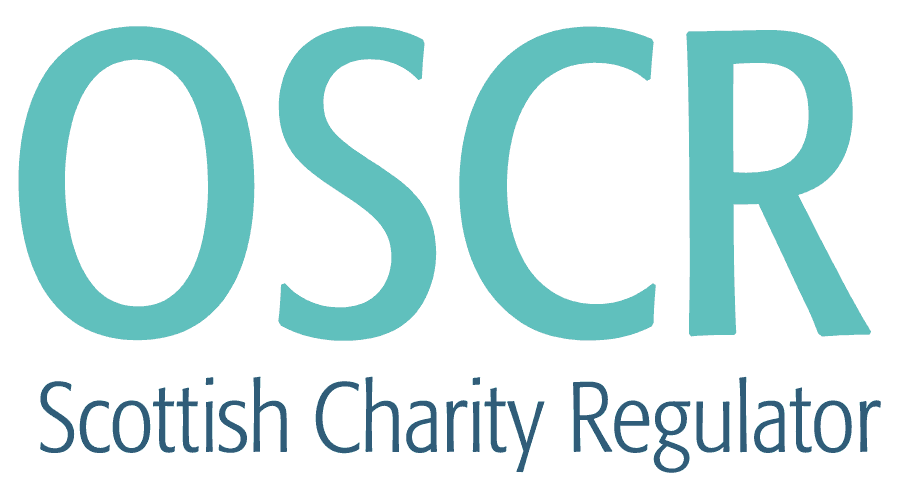Charity Law Changes: What You Need To Know
The Charities (Regulation and Administration) (Scotland) Act 2023 introduces important updates to Scottish charity law. It builds on the 2005 Act to improve transparency, accountability, and trust in the sector.
Some changes are already in effect, while others will be introduced in phases. This blog focuses on the most significant updates and how charities in Midlothian can prepare. You can read more about the changes on OSCR’s website or checkout a detailed summary from SCVO.
What Has Changed Since April 1, 2024?
The first set of changes came into effect in April 2024:
- Enhanced Inquiry Powers: OSCR can direct charities to take specific actions, appoint interim trustees, and investigate former charities and trustees.
- Removal from Register: Charities that fail to submit accounts or engage with OSCR may be removed from the Scottish Charity Register.
- Connection to Scotland: Charities are required to demonstrate a meaningful connection to Scotland.
- Simplified Processes: Reduced notice periods for certain charity changes, like mergers and name updates.
- Interim Trustee Appointments: OSCR will have the power to appoint interim trustees.
- Record of Removed Persons: A searchable database of disqualified individuals has been published to help charities vet prospective trustees more easily.
What’s Coming in 2025?
The following updates will roll out in mid-late 2025, to give charities time to prepare:
- Schedule of Charity Trustees: OSCR will hold an internal record of trustees and publish all names of trustees to the Scottish Charity Register.
- Publishing Charity Accounts: All charities will be required to submit accounts to OSCR each year – these will be publicly available.
- Extended Disqualification Rules: The list of offences for automatic disqualification will be extended and will also apply to staff or volunteers who undertake a senior management function for a charity.
- Register of Charity Mergers: OSCR will create a register of charity mergers and, where a merger is recorded, the new charity will be entitled to any legacies bequeathed to charity that has merged with it.
- Other technical changes: Read OSCR’s summary for details on other small amendments.
What Won’t Change?
- Does not replace the 2005 Act.
- OSCR’s regulatory role and existing powers.
- General duties of trustees.
- The Charity Test and purposes.
- Accounting and reporting requirements.
What Can You Do to Prepare?
- Update Trustee Records: Ensure all details are accurate and up to date.
- Audit Your Accounts: Prepare them for public scrutiny by correcting inaccuracies or removing sensitive details.
- Refresh Governance Policies: Review and update induction packs/ due diligence processes.
- Keep Updated: Follow guidance as it becomes available. Join upcoming webinars from OSCR:
Wednesday 4th December at 10am
Thursday 5th December at 6.30pm
SCVO are also holding a session on how trustees and senior management may be affected:
Thursday 5th December at 10am
Stay Informed
Visit OSCR’s website and sign up for their newsletter to stay on top of these changes.

Phone: 0138 222 0446 (09:30-15:30 Monday to Thursday & Fridays, 09:30-15:00)
Email: info@oscr.org.uk
Online Contact Form: www.oscr.org.uk/contact-oscr/contact-form
END

